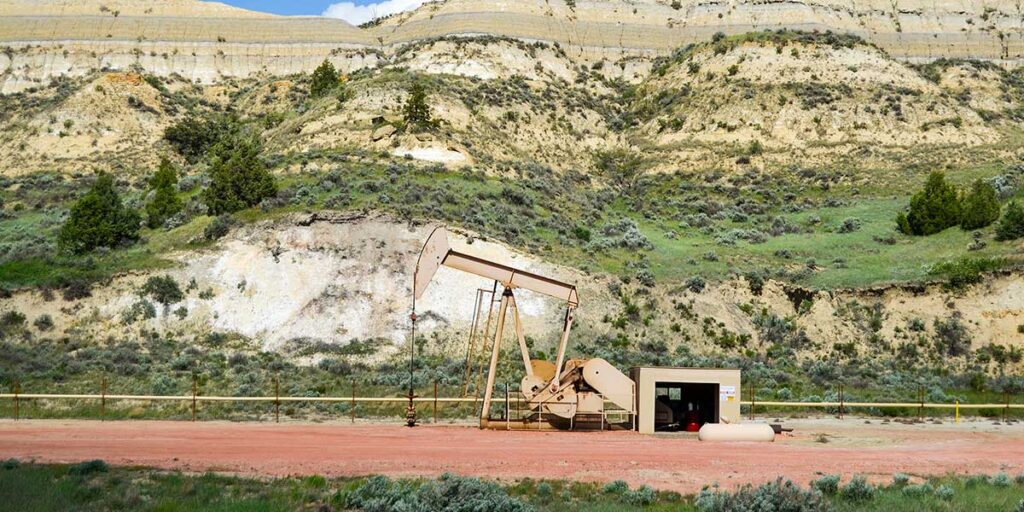2023-24
Underheard: The Sounds of City Soil
The working group Underheard: the Sounds of City Soils explores the intersection of urban acoustic ecologies and arboreal humanities. We utilize specialized equipment to record the sounds of soil life under sidewalk trees, also capturing the surface-level sounds that penetrate to root level. We then translate this vibrational data recorded in the soil into images and video. We extend the vibration-scape of city soils to ears and eyes, making material experiences accessible to human perception, opening new dimensions of possibilities for connection across forms of life.
Group Lead
- Meg Wilson, Art History, meg.wilson@wisc.edu
Group Members
- Ma Chu, Electrical and Computer Engineering
- Dajun Zhang, Electrical and Computer Engineering
2021-2022
Turbulent Futures: A Working Group on Atmospheres
This working group posits the atmosphere as a key site for environmental humanities interventions. Cross-disciplinary attention to atmospheric mediations allows scholars to think anew the relay between visible and invisible phenomena, between everyday experiences of weather and statistical descriptions of climate, between old and new materialisms, and between scientific investigations of fluid dynamics, social-scientific attention to intersecting earth and social systems, and humanistic explorations of the seemingly ethereal histories that lend places their distinguishing feelings.
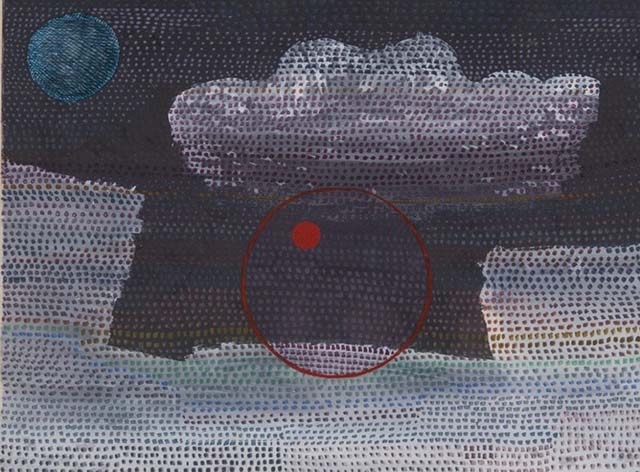 Group Lead
Group Lead
- Monique Allewaert, English, allewaert@wisc.edu
Group Members
- Ángel Adames-Corraliza, Atmospheric and Oceanic Sciences
- Sara Gabler Thomas, English
- Emery Jenson, English
- Jen Rose Smith, Geography and American Indian Studies
Microbes, Old Media, and Marginalized Archives
How does climate change threaten to erase the histories of marginalized peoples? This group explores the histories we find on — but also in — the pages of archival media. Relying on the group members’ varied expertise in archives and labs and building on the methodology of biocodicology (the study of biological information stored in old books), we seek to characterize and understand a sample of the largely unidentified microbial communities that thrive on archival media. Drawing on our preliminary data and the research database we create, we will write and submit two major grant proposals.
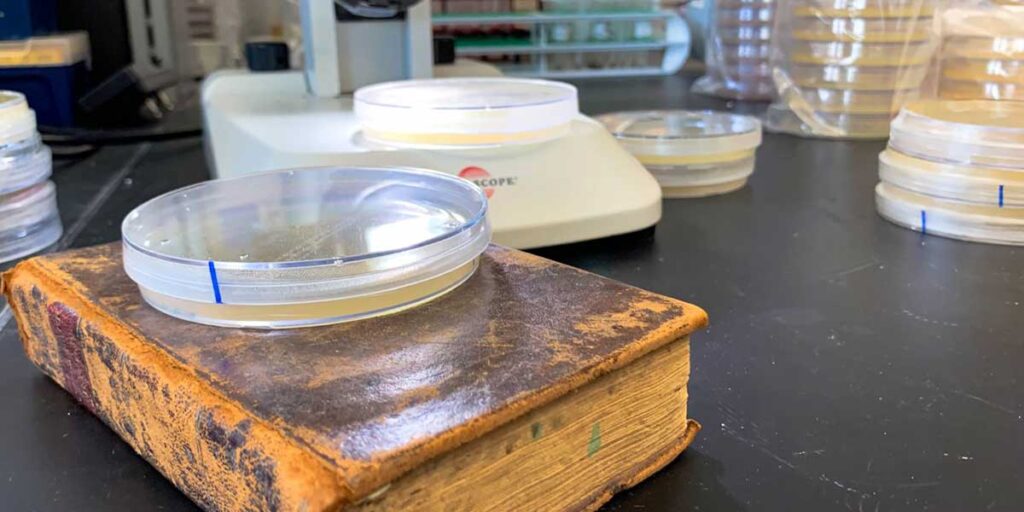
Group Lead
- Joshua Calhoun, English, joshua.calhoun@wisc.edu
Group Members
- Caitlin Carlson, Bacteriology
- Nicole Fischer, German, Nordic, and Slavic
- Megan Fox, English
- Sarah Marty, Business
Uncertain Agroecologies: Wisconsin Farmer Responses to Environmental and Social Change
In the face of growing uncertainty due to environmental (e.g., climate, land use) and social (e.g., COVID, farm consolidation) change, farmers must adapt both on their farms and in their broader social and economic networks in order to remain viable. This project will compare how different agricultural communities of practice in Wisconsin (conventional dairy/row crop farmers, small-scale organic fruit and vegetable growers, and Indigenous farmers) perceive and respond to uncertainty, and how this manifests in the ecology of their farms.
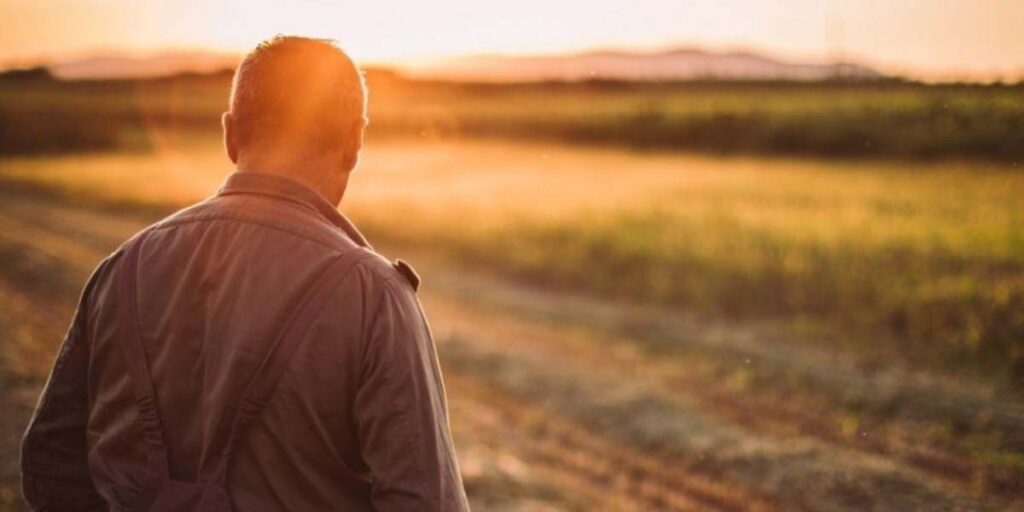 Group Lead
Group Lead
- Ben Iuliano, Integrative Biology, benjamin.iuliano@gmail.com
Group Members
- Claudio Gratton, Entomology
- Daniel Hayden, Plant Pathology
- Laura Livingston, Nelson Institute for Environmental Studies
- Julia Reynolds, Geography and Nelson Institute for Environmental Studies
- Kase Wheatley, Agroecology and Nelson Institute for Environmental Studies
Psychedelic Humanities, Amphibian Conservation, Indigenous Water Rights, Mental Health, Intertribal Alliances, Neoshamanism, and Conspirituality
This working group’s research focus is to sustain our group member’s existing efforts to 1) advocate for the preservation of the Sonoran Desert Toad via species research and monitoring; 2) develop and implement an integrative mental health program in collaboration with specialist researchers and traditional doctors from diverse cultures related to the Yaqui culture; and to specifically 3) extend these projects via inquiries into the human dimensions (social, cultural, and historical factors) at play in each case.
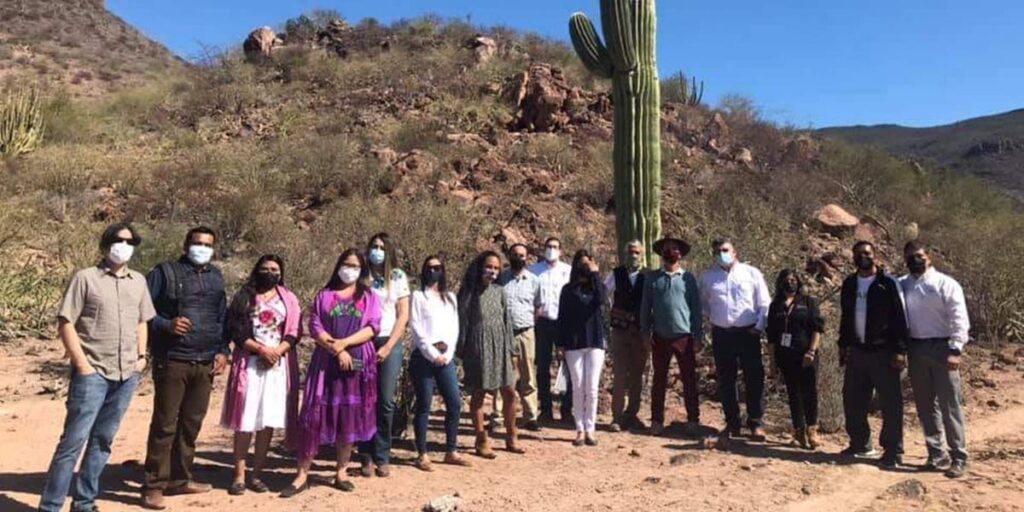
Group Lead
- Amanda Pratt, English, apratt4@wisc.edu
Group Members
- Gabriel Carter, English
- Anny Ortiz, School of Human Ecology and Human Development and Family Studies
- Alberto Vargas, Nelson Institute and Latin American, Caribbean and Iberian Studies
Spring 2021
Feral Worlds: a Multidisciplinary Approach to Human/Other-Animal Relations
The ongoing COVID-19 pandemic has made visible the many ways other-animal behavior shifts alongside human activity, creating what Anna Tsing (2020) calls “feral” ecologies. This group’s project curates a multifaceted publication on other-animals and their “wildness” generating a bestiarum vocabulum (book of beasts) titled becoming-Feral. This diverse collection examines shifting categories of wild/feral/domestic to elucidate how to move forward as participants in shared ecologies. Feral Worlds aims to inspire more ethical and response-able subject positions.
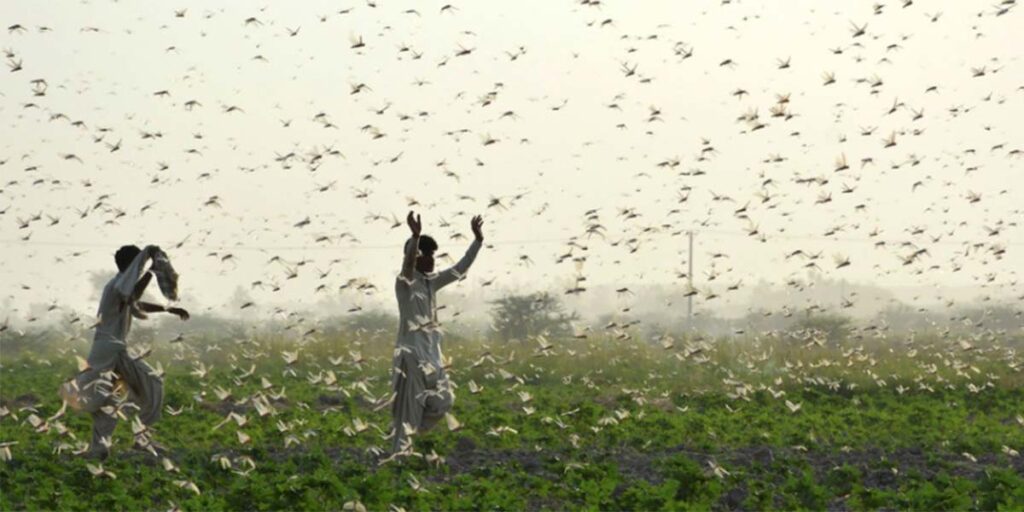 Group Lead
Group Lead
- Alexandra Lakind, Education and Nelson Institute for Environmental Studies
Group Members
- Addie Hopes, English
- Emery Jenson, English
- Sabrina Manero, Nelson Institute for Environmental Studies
- Rebekka Sæter, Visual Cultures (University of California-Santa Cruz)
- Josh Armstong, Contemporary Performance Practice, Royal Conservator of Scotland
- Chessa Adsit-Morris, choreographer, performance artist, adventure educator
Living Poetry: Women in Translation Gender and Environment Collective Translation Research and Publishing Project
The Living Poetry: Women in Translation (4W-WIT) project began in Fall 2018 as part of the 4W-International Women Collective Translation Project at the University of Wisconsin-Madison. This initiative gathers a community of readers, translators, and interpreters from various disciplines and institutions, to participate in a collaborative translation of literary texts by writers and scholars from the Americas and Spain. 4W-WIT has dedicated itself to the translation of literary works by award-winning writers of the City and Nature José Emilio Literary Prize, the Cenzontle Literary Prize for Indigenous languages in México, and poetry by women writers on environmental issues.
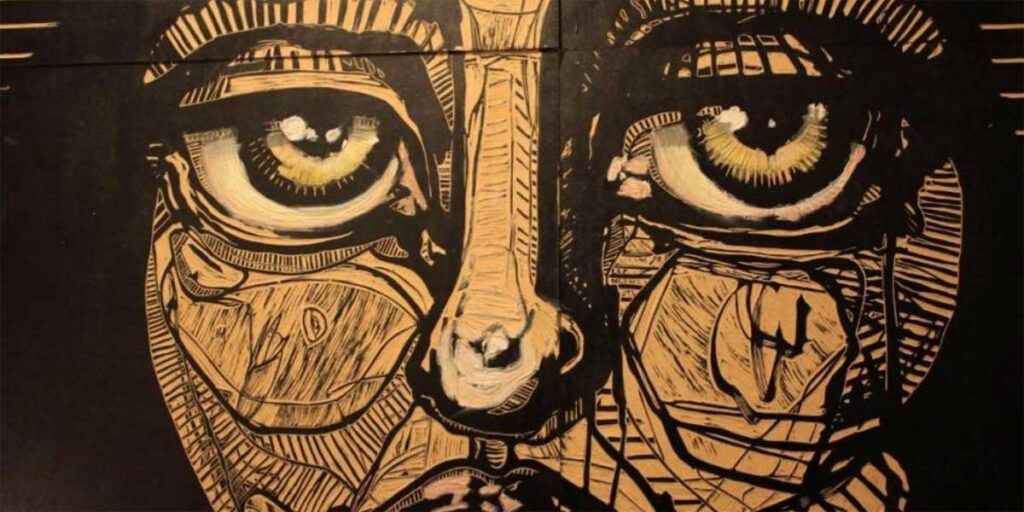 Group Lead
Group Lead
- Beatriz Botero, Integrated Liberal Studies Program (ILS)
Group Members
- Vicente Lopez Abad, Spanish and Portuguese
- Araceli Alonso, Gender and Women Studies
- Lori DiPrete, 4W Women and Well-Being Initiative
- Maria Eulalia Pulla France, Spanish and Portuguese
- Gabriella Gaus, Psychology and Latin American, Caribbean, and Iberian Studies Program (LACIS)
- Silvia Goldman, Spanish and Portuguese
- Clara Haeffner, Psychology
- David Hildner, Spanish and Portuguese
- Olivia Jones, 4W Women and Well-Being Initiative
- Sarli Mercado, Spanish and Portuguese
- Maria Moreno, Global Health Institute
- Cole Robinson, Spanish and Portuguese
- Erika Rosales, Wisconsin Center for Education Research
Reflections on the History of Environmental Research at the University of Wisconsin-Madison
Environmental research has had a long tradition across many departments at UW-Madison over the past half-century, which has had significant effects on policy and political processes at many scales. The Wisconsin Idea, especially the belief that expert knowledge can rationally be used to inform policy-making to realize “the public good,” has motivated and structured such research on this campus. However, this ethos is not without its internal contradictions and tensions.
This research working group aims to explore the specific social, political, and cultural contexts that have influenced environmental knowledge production and application here at UW-Madison. In addition, our research highlights implicit norms, values, and ideologies that are inextricably tied to the processes of environmental knowledge production, and generates insights regarding how “post-truth” and misinformation conundrums can be overcome.
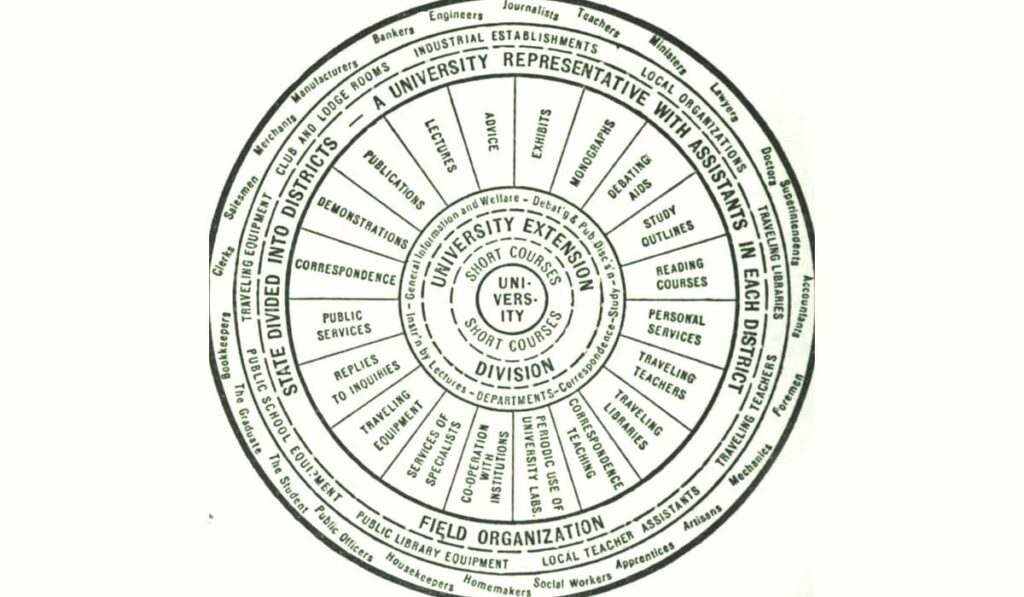 Group Lead
Group Lead
- Zhe Yu Lee, Geography
Groups Members
- Danya Al-Saleh, Geography
- Anna Gade, Nelson Institute for Environmental Studies
- Laura Lawler, Geography
- Ned Molder, Nelson Institute for Environmental Studies
Survey of Attitudes Toward GMOs and Agriculture in Mexico
This working group has developed a nationally representative survey to measure attitudes toward genetically modified (GM) crops in Mexico. GM crops remain a hotly contested issue in Mexico, as well as throughout the Latin American region. However, very little research exists to explain how citizens understand and think about this technology. This project explores how citizens think about GM crops, alongside other concepts including biodiversity, herbicides, and organic foods.
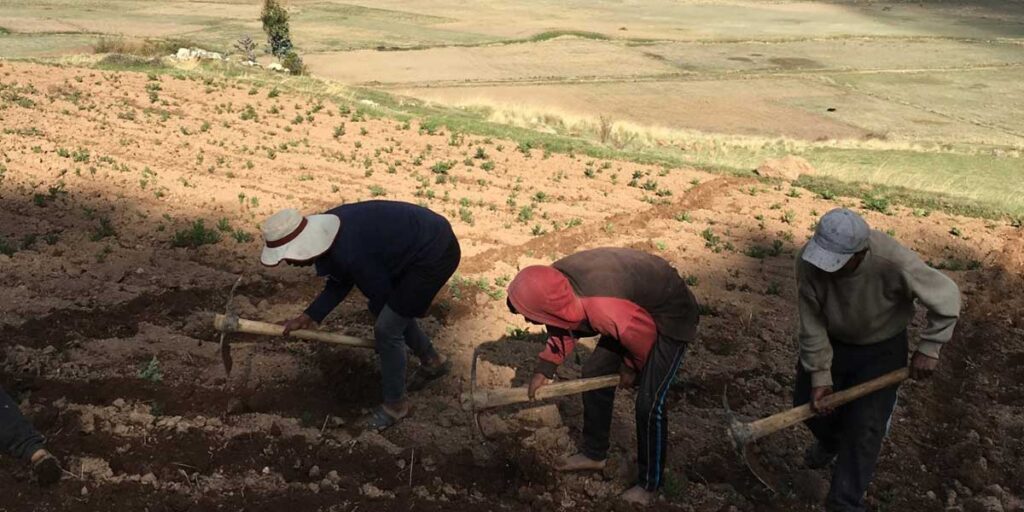 Group Lead
Group Lead
- David Greenwood-Sanchez, Political Science
Group Members
- Bradford Barham, Applied Economics
- Claudia Irene Calderon, Horticulture
- Anika Rice, Geography
